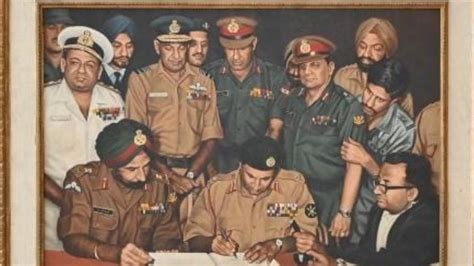Pakistan’s Supreme Court Reinstates Military Trials for Civilians: Implications for Human Rights

Introduction
In a significant legal reversal, Pakistan’s Supreme Court has reinstated the military’s authority to try civilians, overturning its own 2023 decision that had deemed such trials unconstitutional. This move has sparked widespread concern among human rights advocates and legal experts, who view it as a regression in the country’s commitment to civil liberties and judicial independence. The decision revives a controversial law from the era of former military ruler Ayub Khan, raising questions about the future of civilian justice in Pakistan.
Historical Context: The Ayub Khan Era and Military Courts
The reinstated law traces its origins to 1967, during Ayub Khan’s military regime. Under the Defence of Pakistan Ordinance of 1965, civilians could be detained and tried by military courts on vague suspicions of acting against “peaceful conditions.” This framework allowed for preventive detentions without substantial evidence, undermining the principles of due process.
Justice A.R. Cornelius, in the landmark ‘Malik Ghulam Jilani’ case, challenged this approach by asserting that mere suspicion was insufficient for detention. He emphasized the necessity of objective evidence, setting a precedent for protecting individual rights against arbitrary state actions.
The 2023 Verdict: A Step Towards Civil Liberties
In October 2023, the Supreme Court, led by Justices Munib Akhtar and Ayesha Malik, declared the military trials of civilians unconstitutional. The judgment underscored that fundamental rights must be upheld even during times of conflict, aligning with Article 10-A of the Constitution, which guarantees the right to a fair trial and due process.
Justice Malik highlighted the inherent flaws in military court proceedings, noting the lack of transparency, absence of reasoned judgments, and the potential suspension of defense rights under the guise of military necessity. This decision was lauded as a reaffirmation of civilian judicial authority and a move towards strengthening democratic institutions.
The 2025 Reversal: A Judicial U-Turn
On May 7, 2025, the Constitutional Bench of the Supreme Court overturned the 2023 verdict, reinstating the military’s jurisdiction over civilian cases. The bench argued that the Army Act sufficiently protects the right to a fair trial, a claim that contradicts earlier findings about the deficiencies of military courts. Furthermore, the court referred the matter to Parliament to consider legislation granting civilians the right to appeal military court decisions in high courts.
This contradictory stance—asserting that fair trial rights are protected under the Army Act while simultaneously suggesting the need for additional legislative safeguards—has drawn criticism. Legal experts argue that this indicates an acknowledgment of the current system’s incompatibility with fair trial standards.
Implications for Civil-Military Relations and Judicial Independence
The decision to reinstate military trials for civilians has significant implications for Pakistan’s civil-military dynamics and the independence of its judiciary. Critics contend that the judiciary’s deference to military authority undermines civilian oversight and erodes public confidence in the legal system. The involvement of government-nominated judges in the Constitutional Bench further fuels concerns about impartiality and the separation of powers.
This development also raises alarms about the potential for misuse of military courts to suppress dissent and target political opponents, a tactic historically employed during authoritarian regimes. The erosion of civilian judicial authority could lead to a chilling effect on free expression and political activism.
International Human Rights Perspectives
International human rights organizations have consistently criticized the use of military courts to try civilians, citing violations of fair trial guarantees under international law. The United Nations Human Rights Committee has emphasized that military tribunals should not have jurisdiction over civilians, as they often lack the independence and impartiality required for fair proceedings.
Pakistan’s reinstatement of military trials for civilians places it at odds with these international norms and may attract scrutiny from global human rights bodies. Such practices could impact the country’s international standing and its relationships with democratic nations advocating for human rights and the rule of law.
Conclusion
The Supreme Court’s decision to reinstate military trials for civilians marks a pivotal moment in Pakistan’s legal and political landscape. By reviving a law rooted in authoritarian rule, the judiciary has raised concerns about the future of civil liberties and the balance of power between civilian institutions and the military. As Pakistan navigates this complex terrain, the protection of fundamental rights and the independence of the judiciary remain critical to the country’s democratic development.
